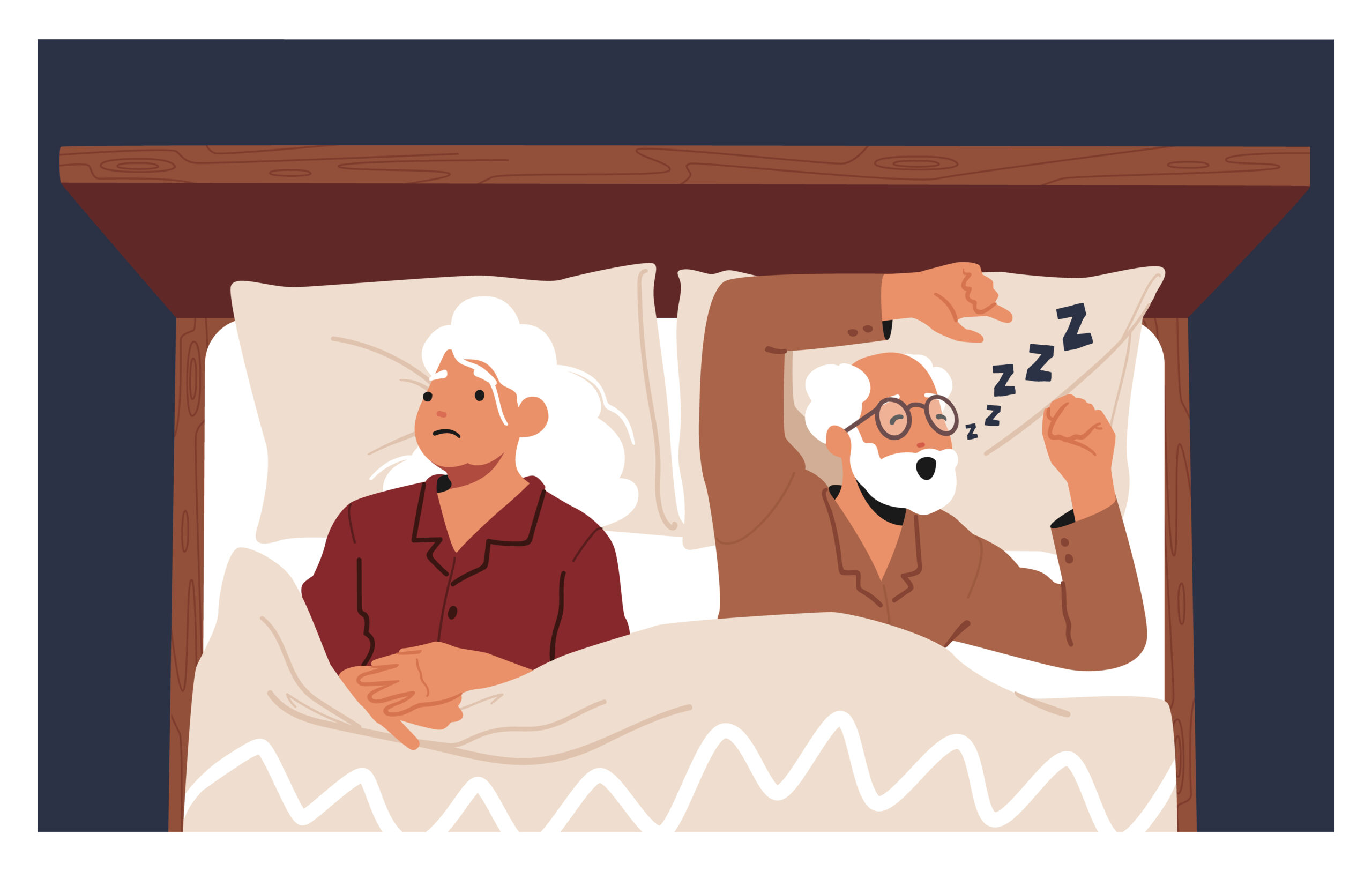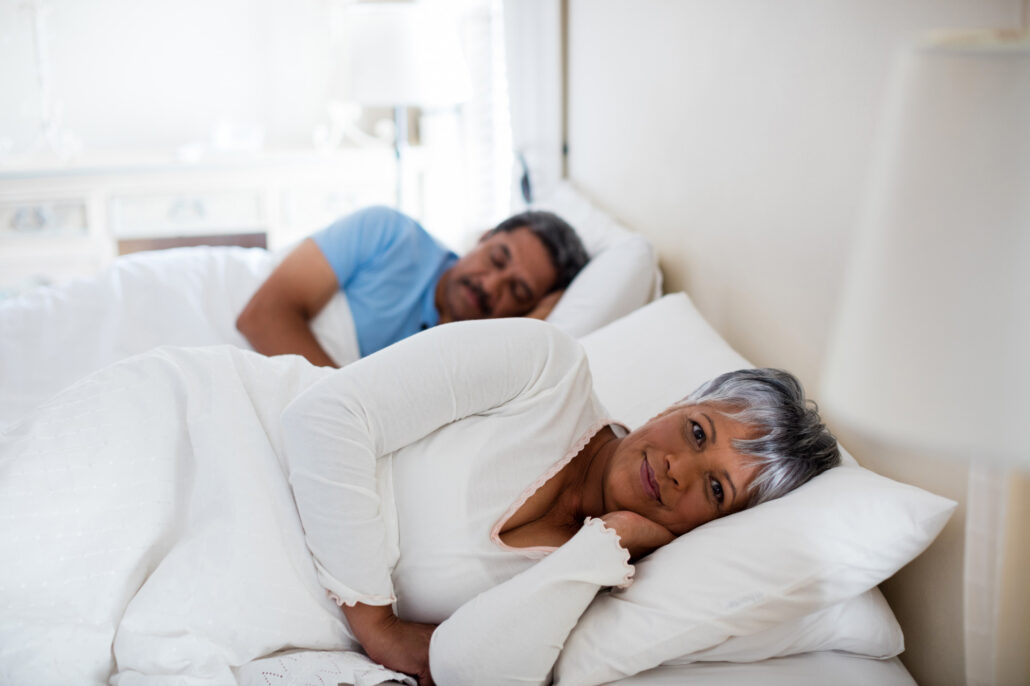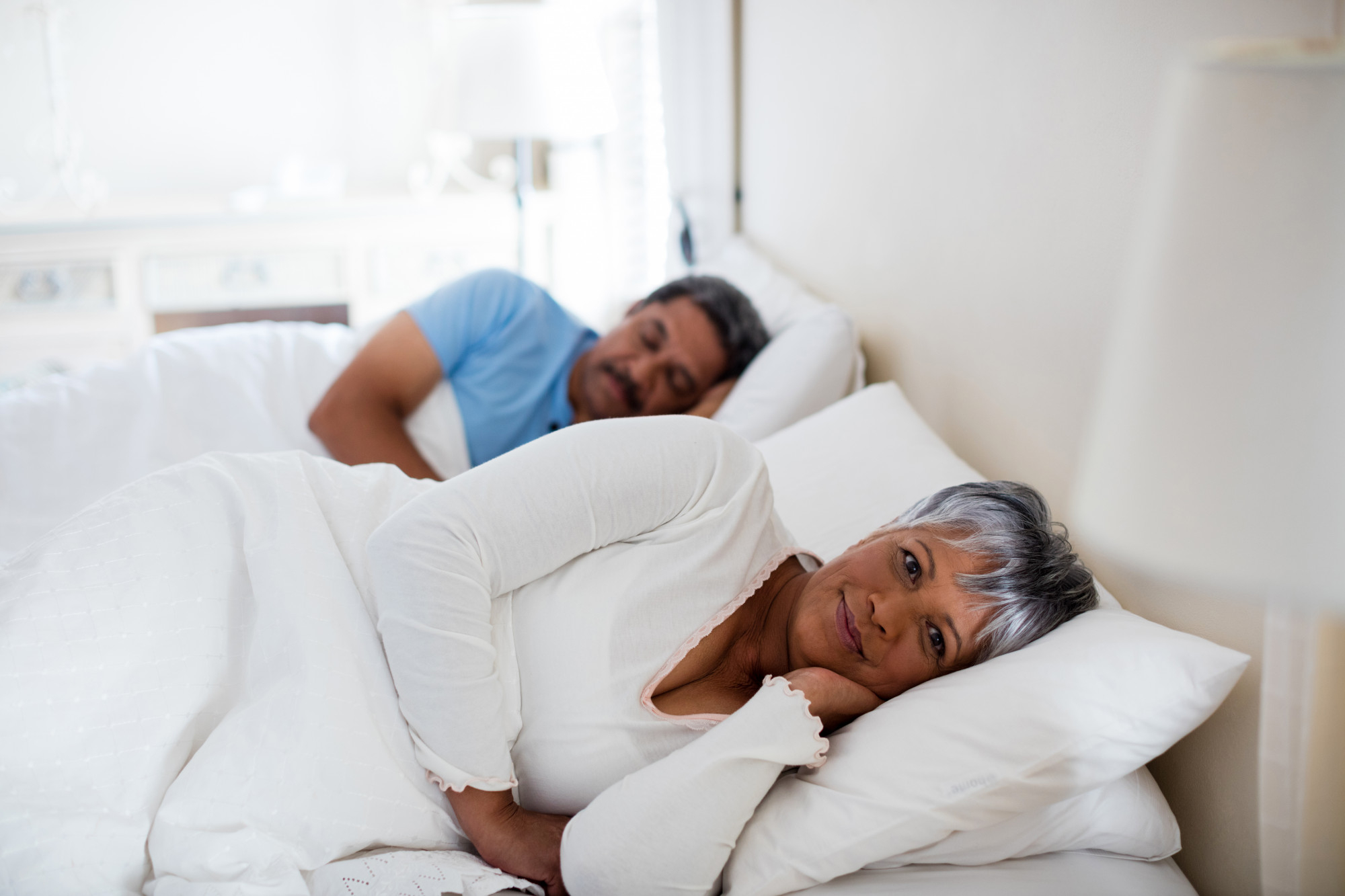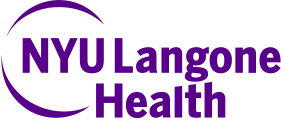BLOSOM: A Sleep Apnea Research Study
Researchers at NYU Langone Health are partnering with Mount Sinai Integrative Sleep Center to evaluate a new way of starting therapy for obstructive sleep apnea (OSA).

Fast Facts

Black or African American Ages 45-75

Diagnosed with Moderate to Severe Obstructive Sleep Apnea (OSA)

Compensation Provided

Conducted at NYU Grossman School of Medicine
Study Background
Researchers at NYU Langone Health are partnering with Mount Sinai Integrative Sleep Center to conduct a study in Black/African American individuals ages 45-75 to evaluate a new way of starting therapy for obstructive sleep apnea (OSA).
This study aims to evaluate a new approach to starting therapy for obstructive sleep apnea (OSA). Participants, previously diagnosed with OSA, will receive an explanation of various treatment options, including continuous positive airway pressure (CPAP), oral appliance therapy (OAT), and positional therapy. Based on consultation with their doctor, participants will choose the best therapy, take it home, and have 2-4 weeks to adjust. If the chosen therapy is not successful, they will be quickly switched to an alternative.
The study focuses on addressing the under-treatment of OSA in Black and African American individuals by offering a “personalized multi-modal OSA treatment.” This approach includes a tailored educational support and real-time monitoring to improve adherence and reduce health risks within these communities.

Study Background
Researchers at NYU Langone Health are partnering with Mount Sinai Integrative Sleep Center to conduct a study in Black/African American individuals ages 45-75 to evaluate a new way of starting therapy for obstructive sleep apnea (OSA).

This study aims to evaluate a new approach to starting therapy for obstructive sleep apnea (OSA). Participants, previously diagnosed with OSA, will receive an explanation of various treatment options, including continuous positive airway pressure (CPAP), oral appliance therapy (OAT), and positional therapy. Based on consultation with their doctor, participants will choose the best therapy, take it home, and have 2-4 weeks to adjust. If the chosen therapy is not successful, they will be quickly switched to an alternative.
The study focuses on addressing the under-treatment of OSA in Black and African American individuals by offering a “personalized multi-modal OSA treatment.” This approach includes a tailored educational support and real-time monitoring to improve adherence and reduce health risks within these communities.


Additional Information
This study is being conducted to evaluate a personalized approach to treating obstructive sleep apnea (OSA), with a focus on improving treatment outcomes in Black and African American individuals. The study aims to address the under-treatment of OSA in these communities by providing tailored therapy options, personalized educational support, and real-time adherence monitoring, all at no cost. The goal is to reduce health risks associated with OSA through more accessible and effective treatments.
You may qualify for a study if you meet the following criteria.
Inclusion Criteria:
- Black or African American ages 45-75
- Diagnosed with moderate to severe obstructive sleep apnea (OSA)
- Have not received treatment for OSA in the past year
- No significant neurological or psychiatric conditions
- No significant cardiac, pulmonary, endocrine or hematological conditions (e.g., heart problems, diabetes)
- Not taking narcotic analgesics, medications with anticholinergic activity, or anti-Parkinsonian medication
- Able to undergo MRI scan (no metal in the body, no claustrophobia, no tattoos)
- No history of fainting from a needle stick
- Speak English
- No significant alcoholism or drug abuse
The entire study lasts 12-18 months. Once enrolled, the study involves:
Baseline Visits (2 Visits):
- Informed consent, blood draw, clinical interview, sleep interview, and cognitive testing (3-4 hours)
- Evening MRI followed by an overnight sleep study at a second location
- Next morning: return to the Imaging Center to complete a maze task in the MRI scanner
- Explanation of therapy options (CPAP, oral appliance therapy, positional therapy) and choice of preferred therapy
- Sent home with chosen therapy and given 2-4 weeks to adjust
- Option to switch therapy quickly if it doesn’t work
Remote Monitoring:
- WatchPAT devices sent home to monitor OSA treatment adherence and reduction
- Sleep logs required to track sleep patterns
3-Month Follow-Up:
- Evening MRI, overnight sleep study, and next morning maze task in the MRI scanner
12-Month Follow-Up:
- Informed consent, blood draw, clinical interview, sleep interview, and cognitive testing (3-4 hours)
Participants will be compensated for each visit. Participants will be provided payment of a total of $400, $100 per visit.
There is no cost for you to participate in our research study.
